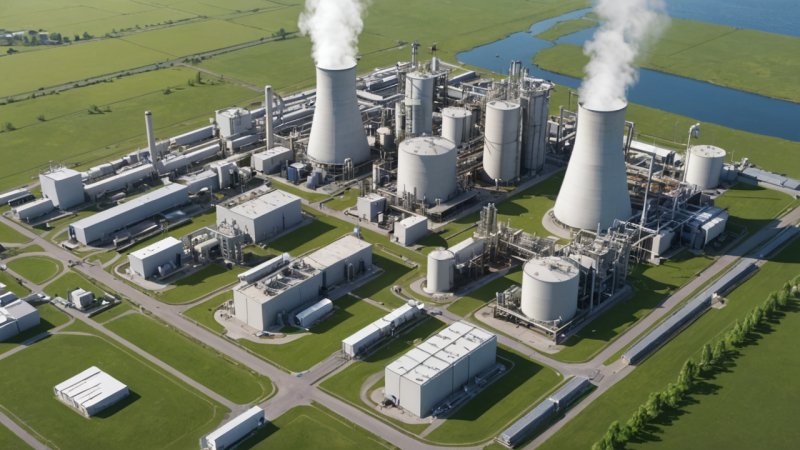Chemical engineering is a diverse and dynamic field that combines principles of chemistry, physics, mathematics, and biology to develop processes for producing, transforming, and using chemicals and materials. It plays a crucial role in various industries, including pharmaceuticals, energy, food and beverage, and environmental protection. This article aims to provide a clear and accessible overview of the basics of chemical engineering, highlighting its importance and key concepts.
At its core, chemical engineering involves the design and optimization of processes that convert raw materials into valuable products. Chemical engineers work on a variety of tasks, including the development of new materials, the design of chemical production facilities, and the implementation of sustainable practices. They must understand the behavior of chemicals and materials under different conditions to ensure safety, efficiency, and environmental compliance.
One of the fundamental concepts in chemical engineering is the idea of mass and energy balances. This principle states that mass and energy cannot be created or destroyed; they can only change forms. By applying this concept, engineers can design processes that maximize product yield while minimizing waste. For instance, in the production of ethanol from corn, engineers must calculate the inputs and outputs to ensure that the process is both economically viable and environmentally friendly.
Another key aspect of chemical engineering is thermodynamics, which deals with the energy changes that occur during chemical reactions. Understanding thermodynamics is essential for engineers to predict how a reaction will proceed and to design reactors that operate efficiently. For example, in the synthesis of ammonia, engineers must control temperature and pressure to optimize the reaction and increase the yield of the product.
In addition to these core principles, chemical engineers also focus on process design and control. This involves creating systems that monitor and adjust the conditions of a chemical reaction to maintain optimal performance. Advanced control systems can automatically adjust variables such as temperature, pressure, and flow rates, ensuring that the process operates smoothly and safely.
Environmental considerations are increasingly important in chemical engineering. Engineers are tasked with developing processes that minimize environmental impact, such as reducing emissions and waste. This shift towards sustainability has led to innovations like green chemistry, which aims to design chemical processes that are less harmful to the environment. For example, using renewable resources and non-toxic solvents can significantly reduce the ecological footprint of chemical production.
In conclusion, chemical engineering is a vital field that combines scientific principles with practical applications to solve real-world problems. By understanding the basics of mass and energy balances, thermodynamics, and process design, we can appreciate how chemical engineers contribute to advancements in technology, healthcare, and environmental sustainability. As the world continues to face challenges related to energy, resources, and pollution, the role of chemical engineering will only become more critical.






